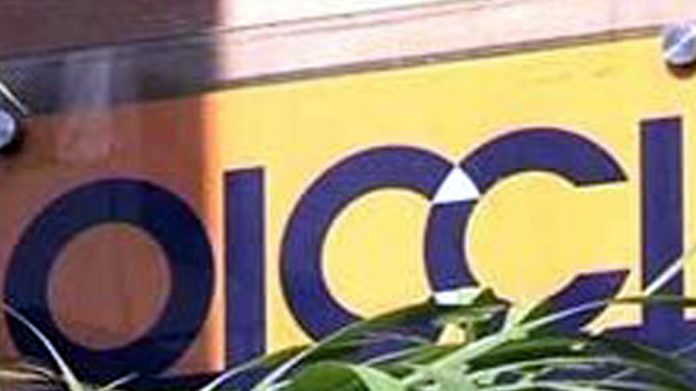
KARACHI: The Overseas Investors Chamber of Commerce and Industry (OICCI) on Friday lamented about the stuck tax refunds of foreign entities working in Pakistan to the tune of Rs58 billion.
In a letter addressed to the Finance Minister Dr Miftah Ismail, OICCI sought a way forth to resolve the long-standing tax refunds dispute of the corporate sector, whose refunds have sky-rocketed to Rs58 billion, reported The News.
It expressed worries over a 100 percent rise in customs duty and extension of regulatory duty recommended in next financial year’s budget, stating this would increase manufacturing costs across the country.
Ismail had been apprised about the regulatory duty levied last year included various raw material items. It added the duty was promised to be scrapped during the budget 2018-19.
But, the budget doesn’t have a final list of items on which regulatory duty would be levied by removal of non-essential items as proposed by several stakeholders, said OICCI.
OICCI highlighted the budget had various positive measures but had been diminished because of severe measures were undertaken in form of direct and indirect taxes.
It criticized the extension of the super-tax levied in 2015 and said it should have been removed in the budget 2018-19.
OICCI said the extension of super-tax would nullify the other tax rate relaxation provided in next financial year budget and hence it should be eliminated in the final finance bill.
Sales tax of 17 percent stands amongst the highest in the region and isn’t consistent across Pakistan.
The Federal Board of Revenue (FBR) had cast aside the recommendations put forth by OICCI which included decreasing the general rate of minimum tax from 0.5 percent and bring it down to 0.2 percent for oil refineries/marketing/liquefied natural gas terminal operators and large chemical companies with high turnover and low margins.
OICCI added an extension of alternate corporate tax was baffling in the presence of minimum tax.
Also, it lamented the banking sector had been sidelined regarding enacting of the same corporate tax rates as leviable on the non-banking sector.
“Proposed reduction in the corporate tax rate in instalment by one percent for next five years will continue to keep corporate tax rates at well above the regional average,” it added. “Increase in sales tax rates from two percent to 3 percent is regressive, which will increase the cost of doing business and should be withdrawn.”






